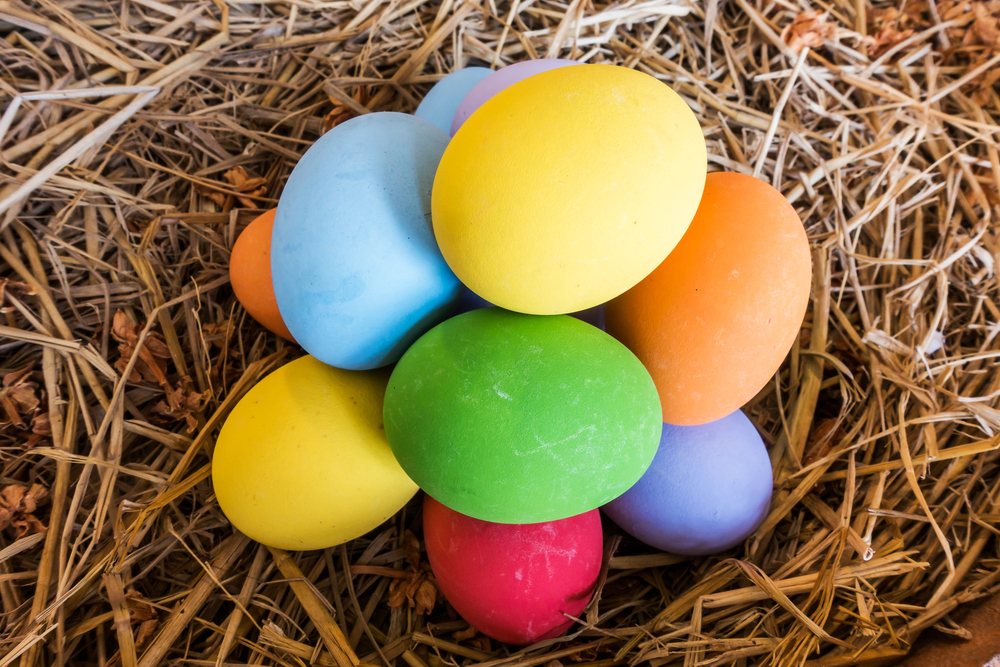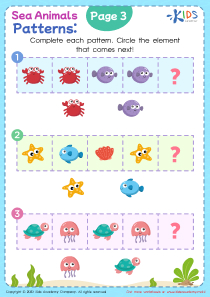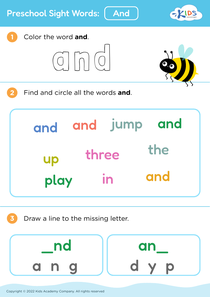Count to tell the number of objects.worksheets With Answers
74 filtered results
-
From - To
Welcome to our "Count to Tell the Number of Objects" worksheets, designed to help young learners master counting and cardinality! Our engaging and interactive worksheets encourage preschool and early-grade students to count various objects while developing essential math skills. Each worksheet is thoughtfully crafted to provide practice in counting accurately, helping children understand the relationship between numbers and quantities. With answer keys available, educators and parents can easily track progress and provide guidance. These resources are perfect for classroom use or at-home learning, making mathematics fun and accessible for every child. Explore our worksheets today and watch young minds flourish!
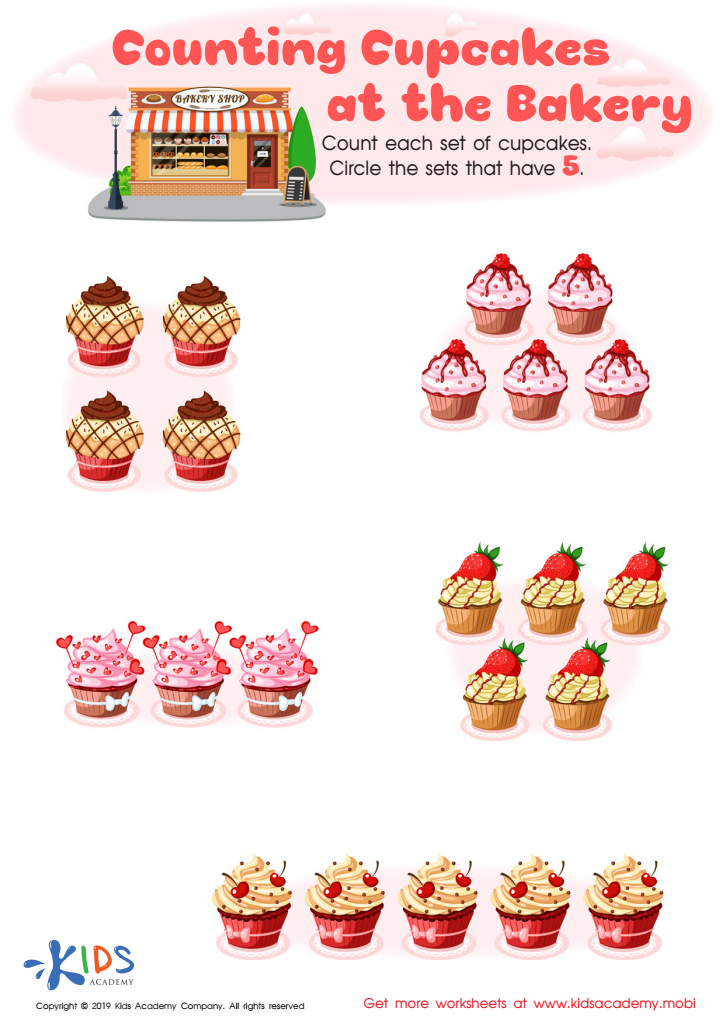

Counting Cupcakes Worksheet
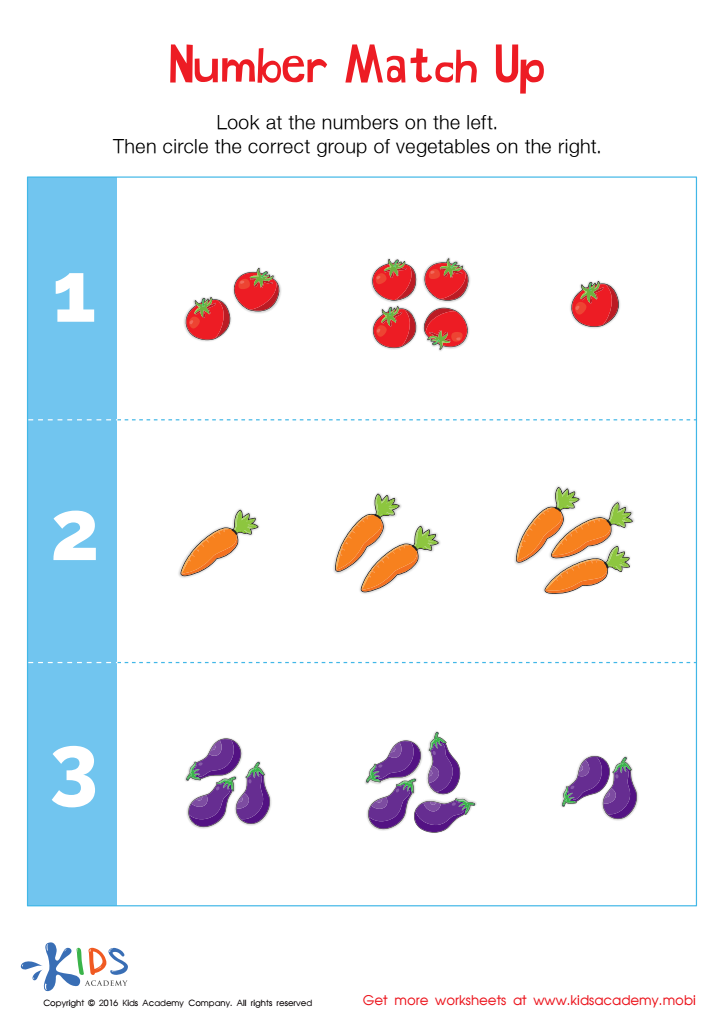

Number Match Up Worksheet
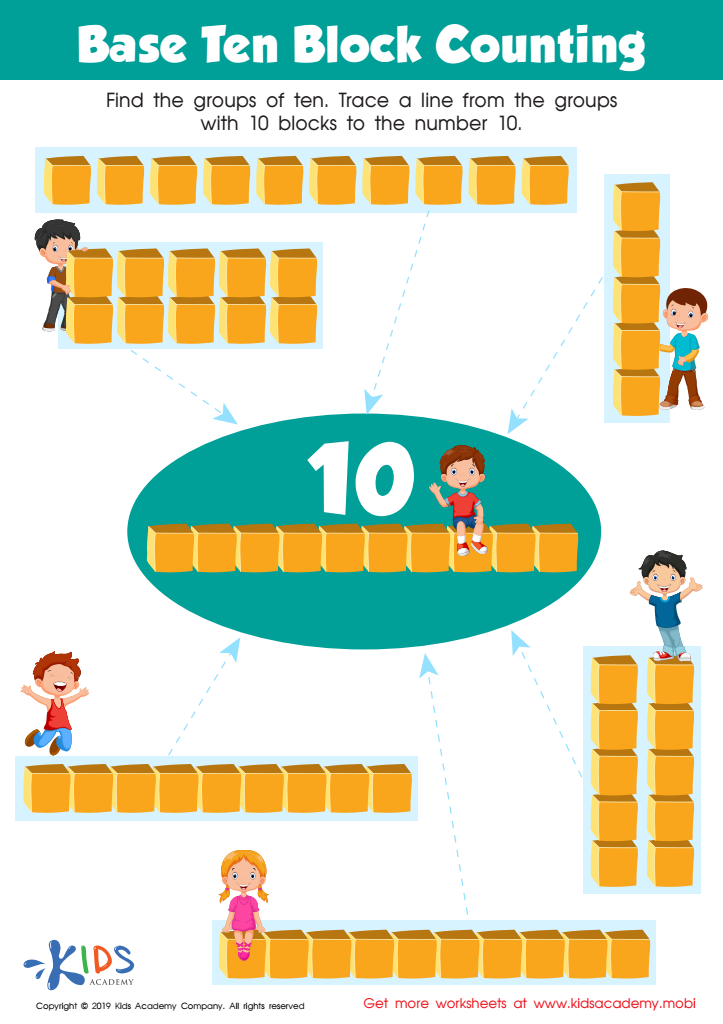

Base Ten Block Counting Worksheet
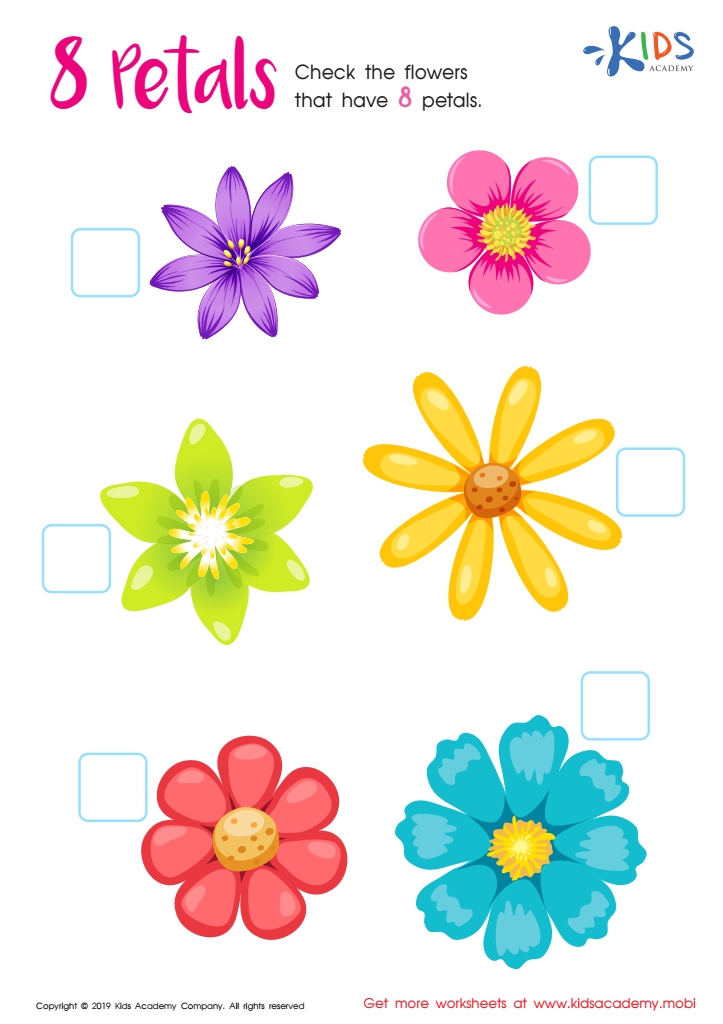

8 Petals Worksheet
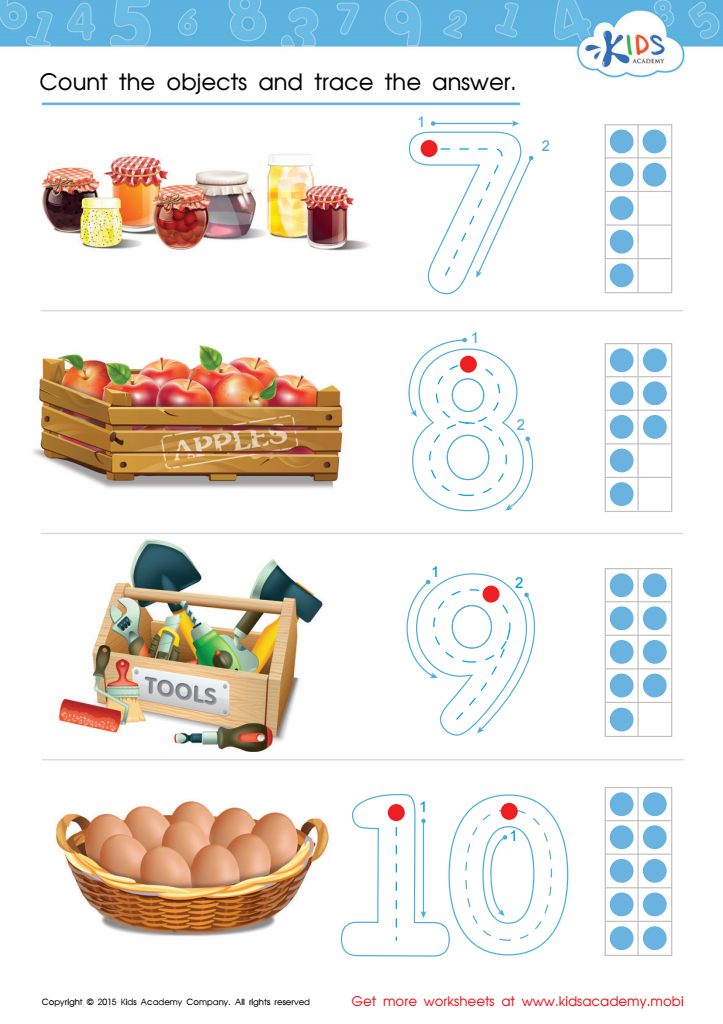

Count and Trace 7 – 10 Worksheet
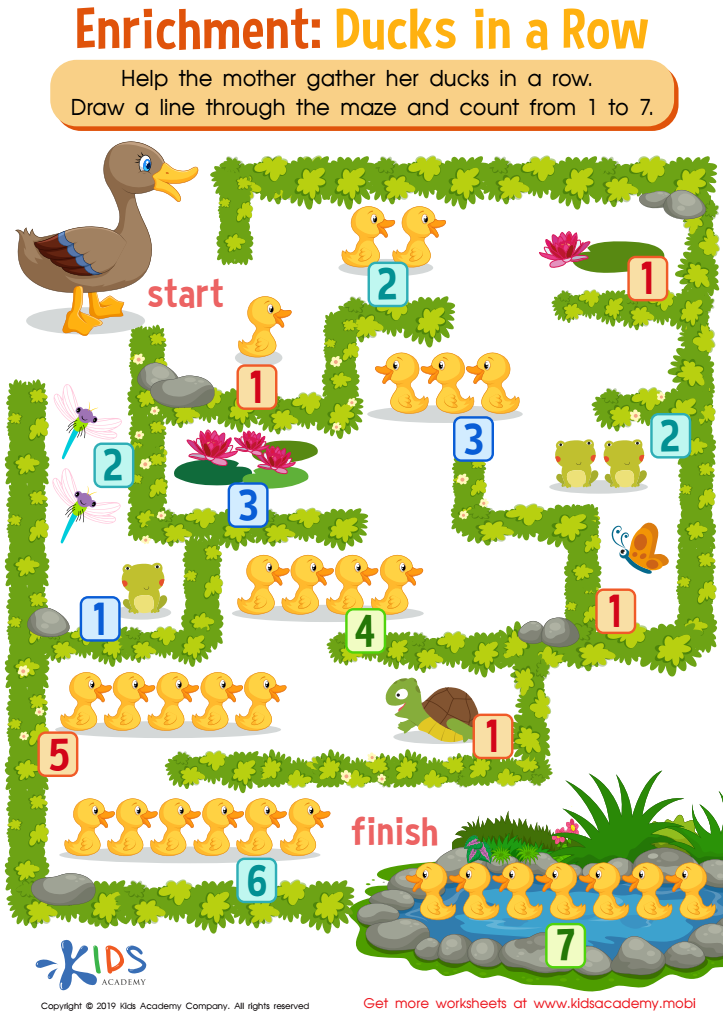

Ducks in a Row Worksheet
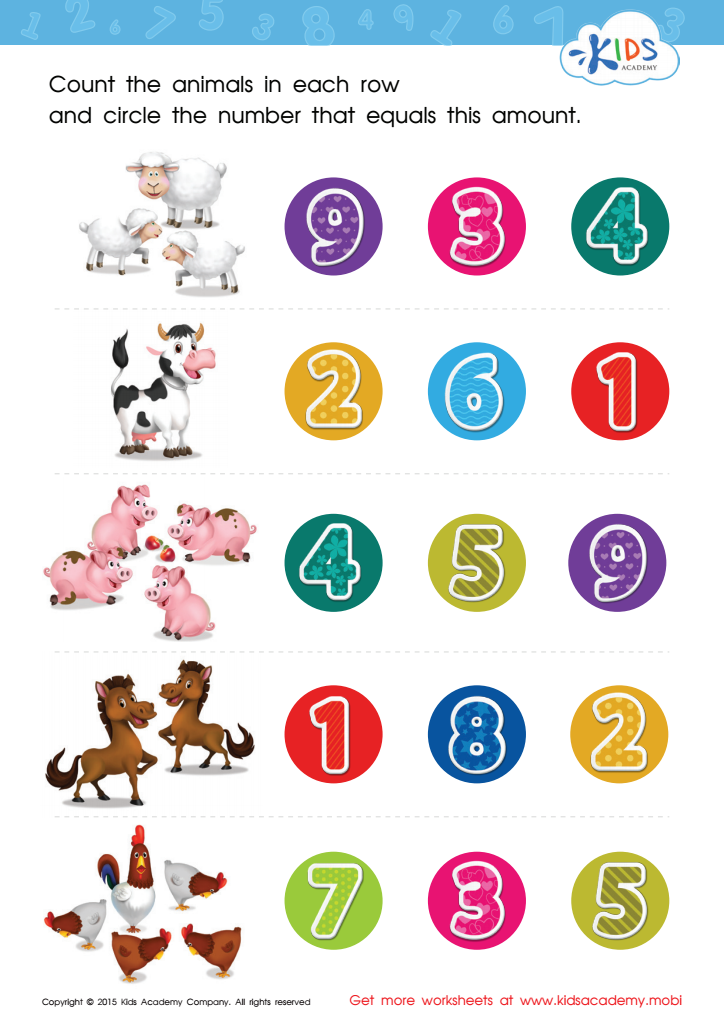

Count and Match 1 – 5 Math Worksheet
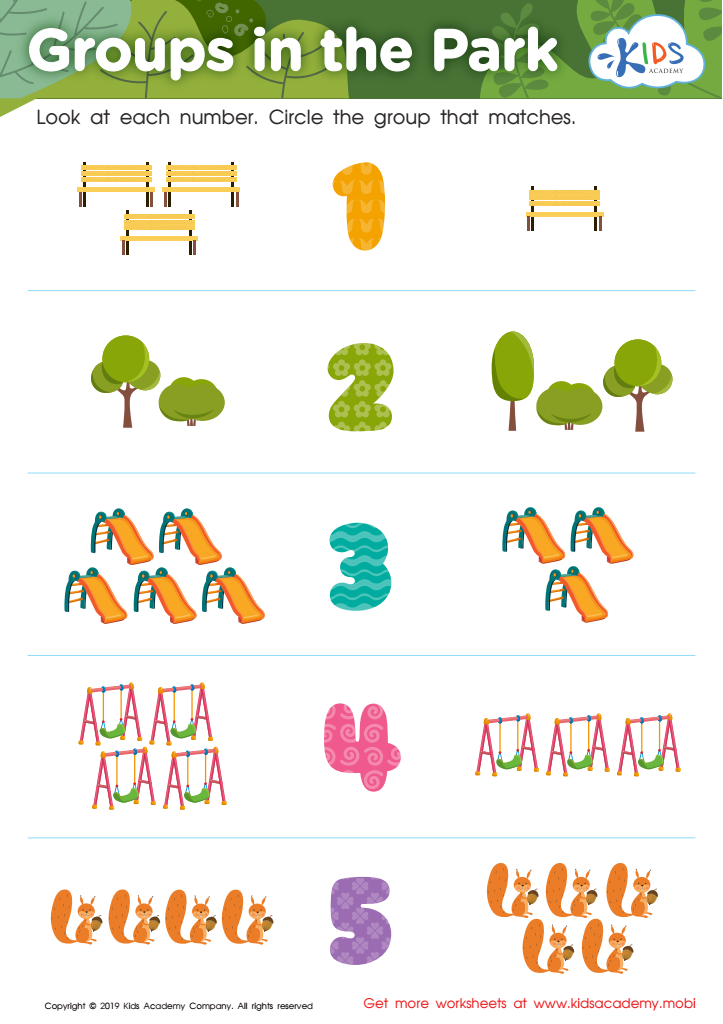

Groups in the Park Worksheet
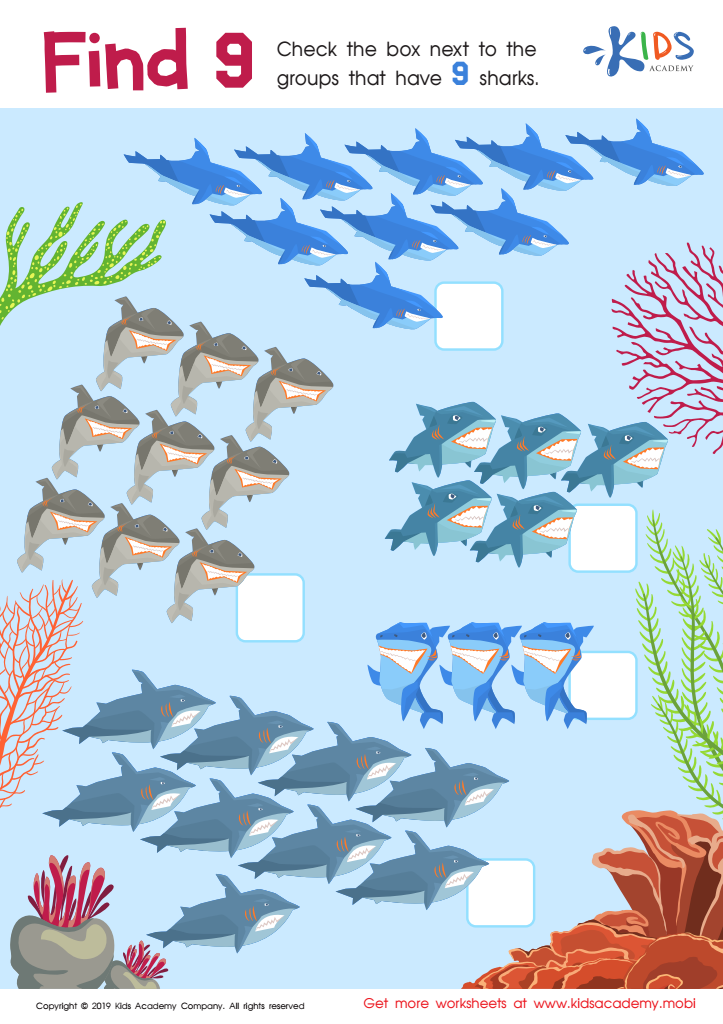

Find 9 Worksheet
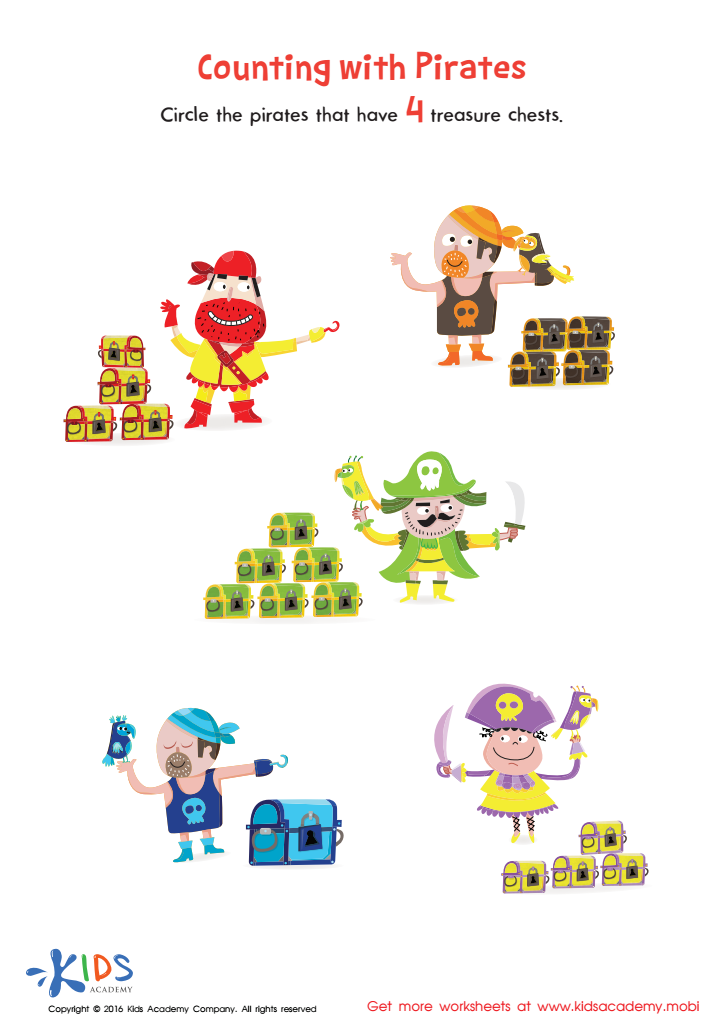

Counting With Pirates Worksheet
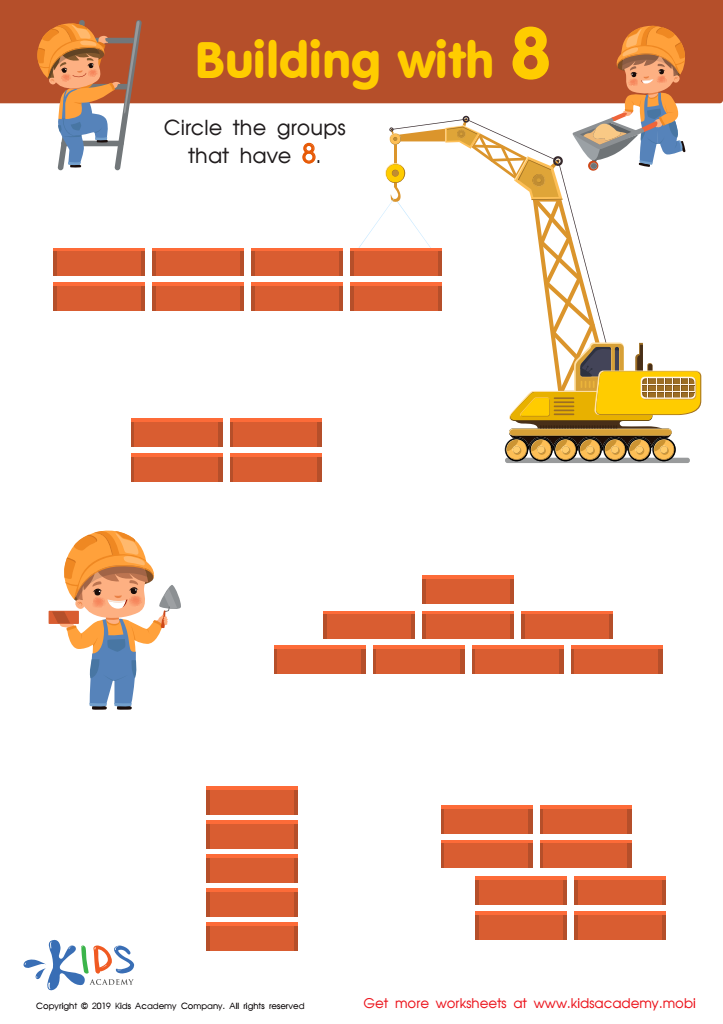

Building with 8 Worksheet
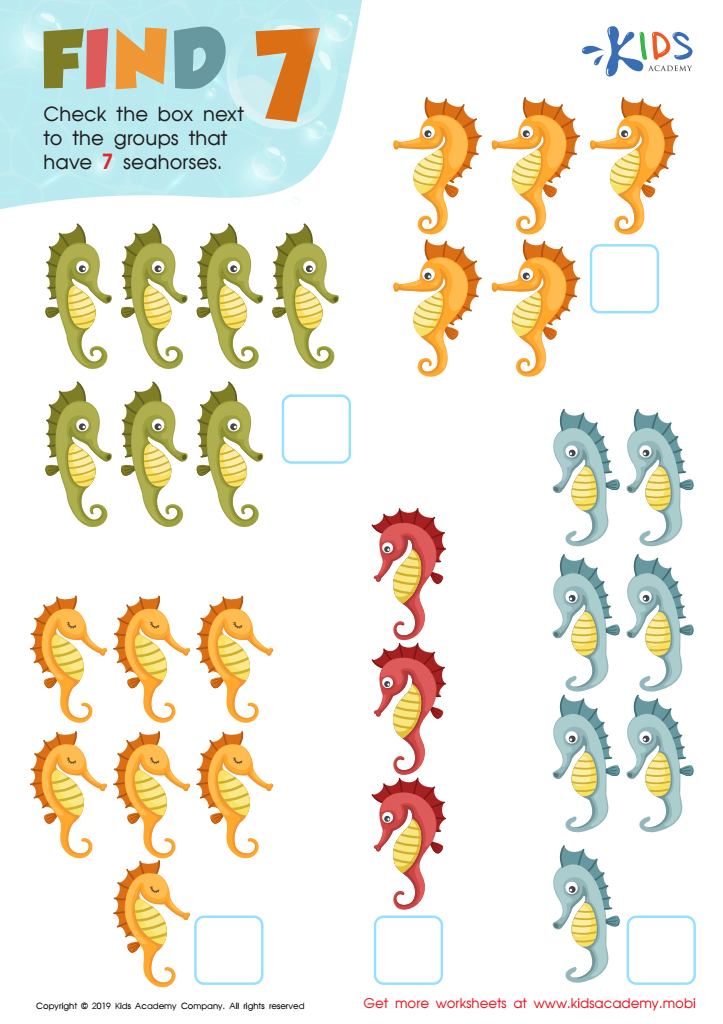

Find 7 Worksheet
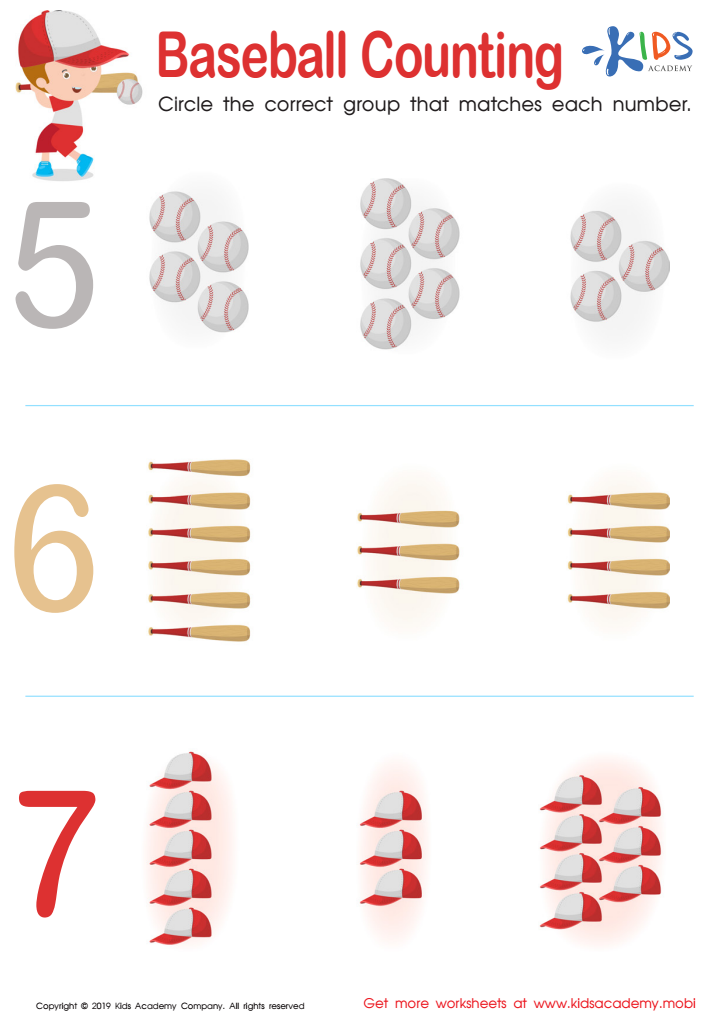

Baseball Counting Worksheet
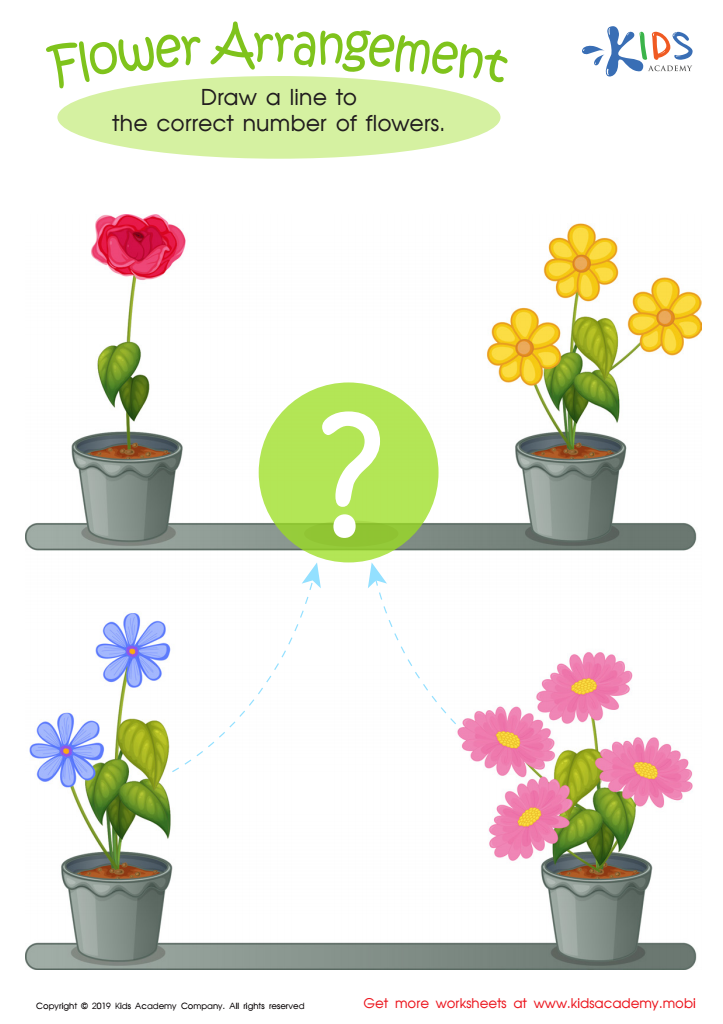

Flower Arrangement Worksheet
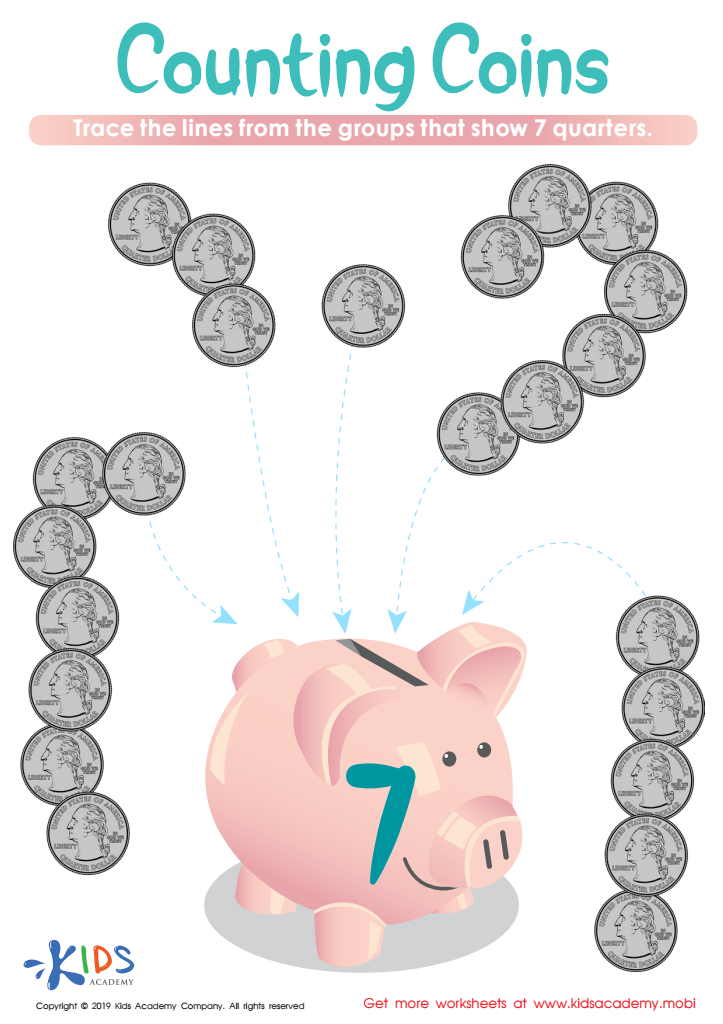

Counting Coins Worksheet
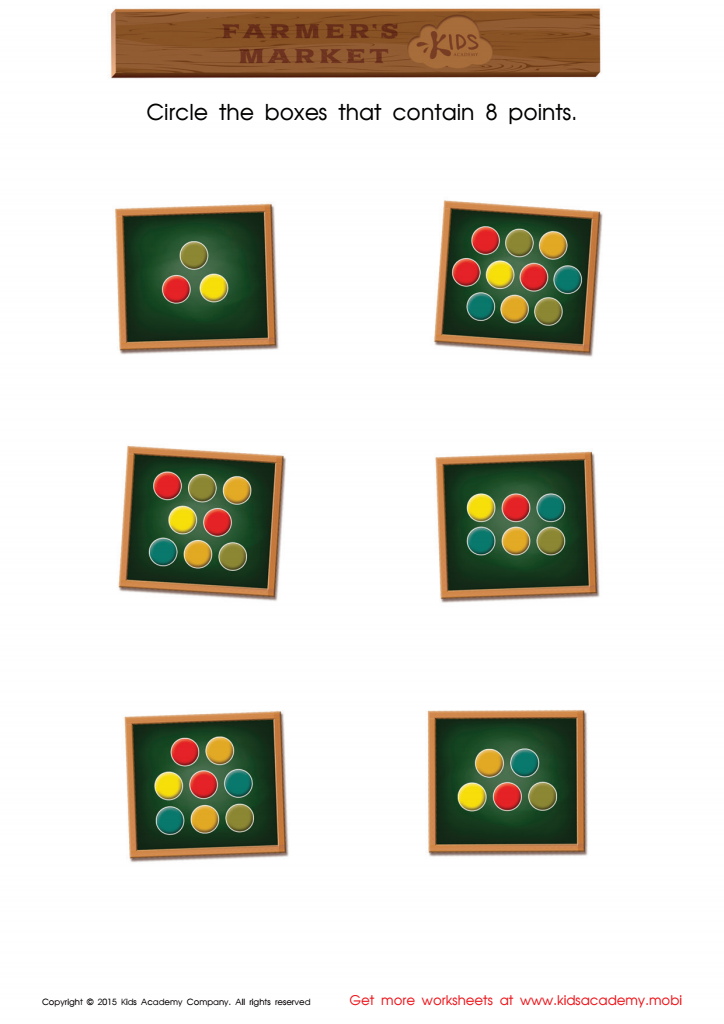

Count and Match Points 8 Math Worksheet
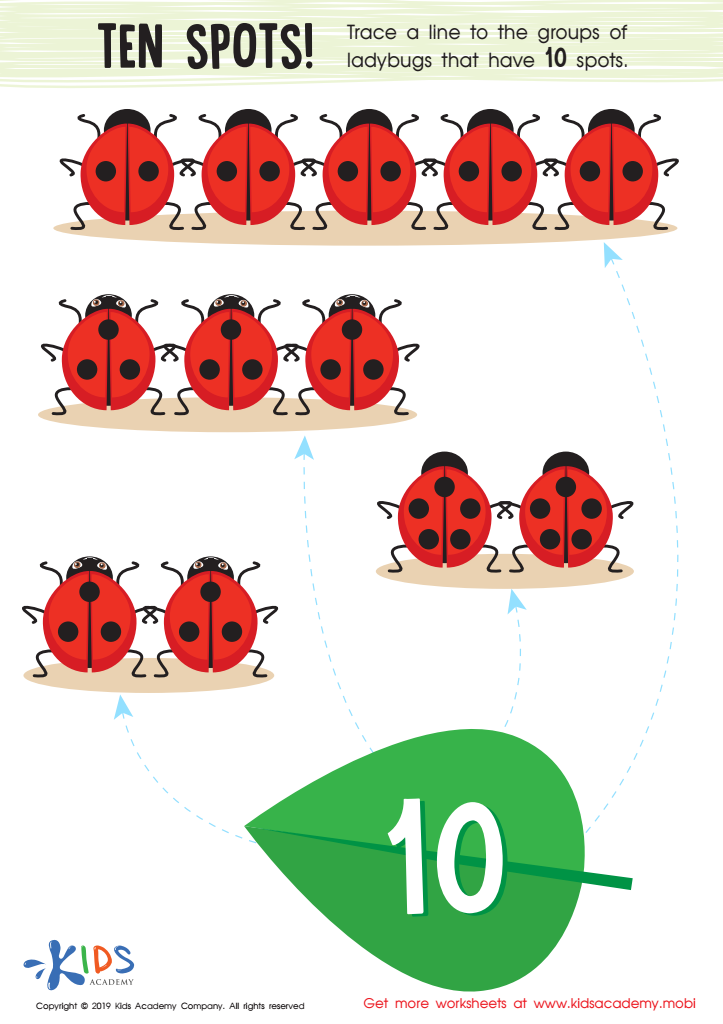

Ten Spots Worksheet
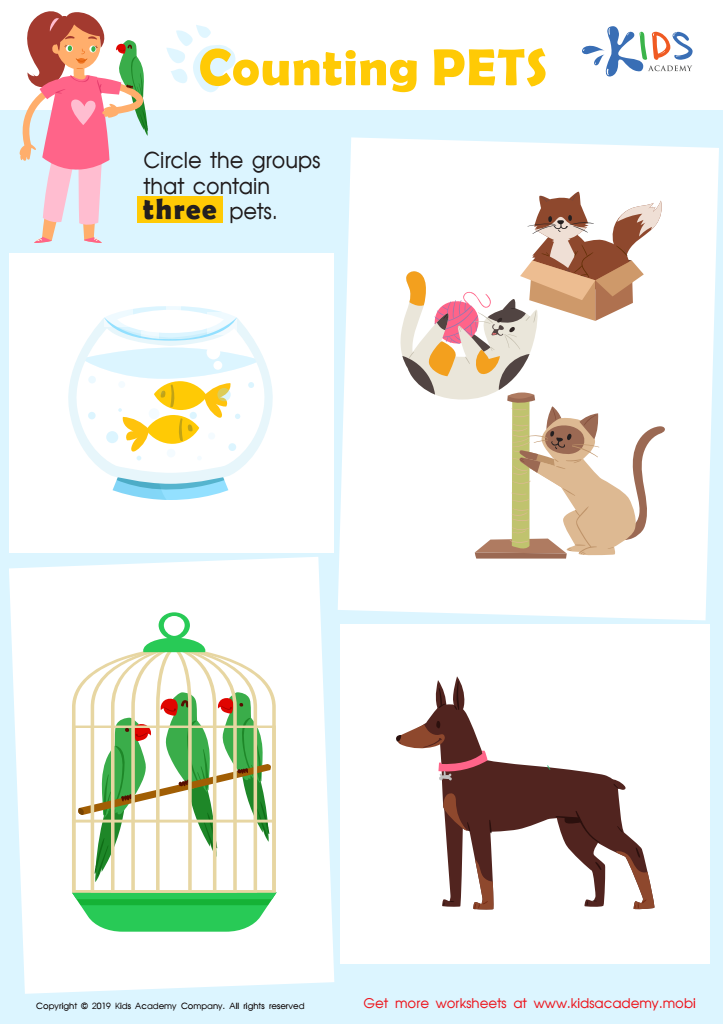

Counting Pets Worksheet
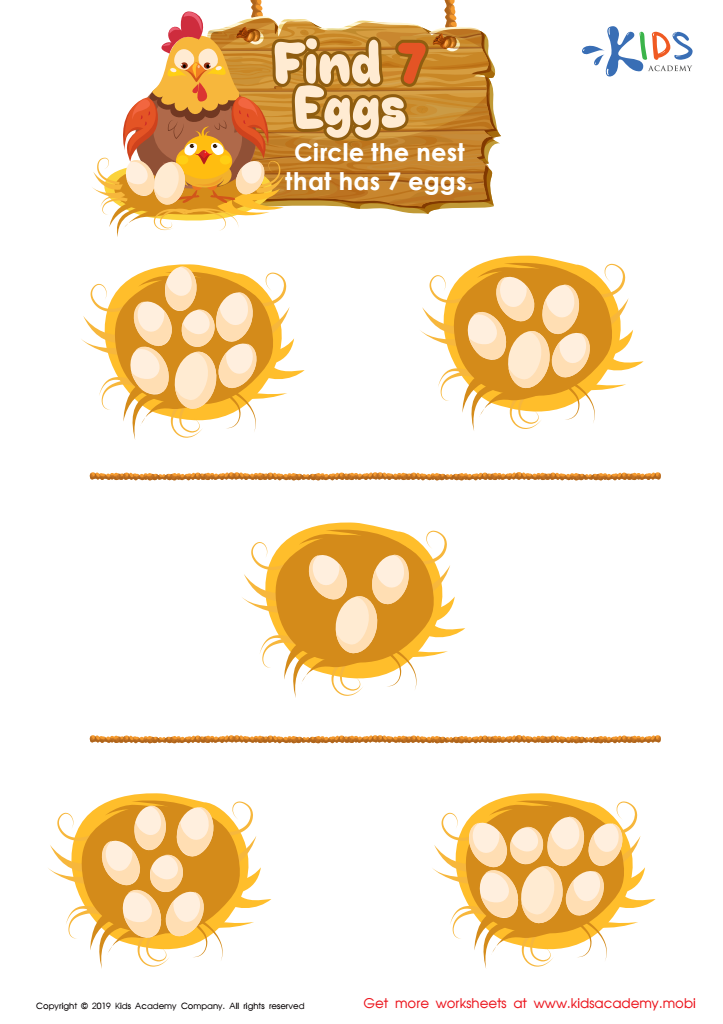

Find 7 Eggs Worksheet
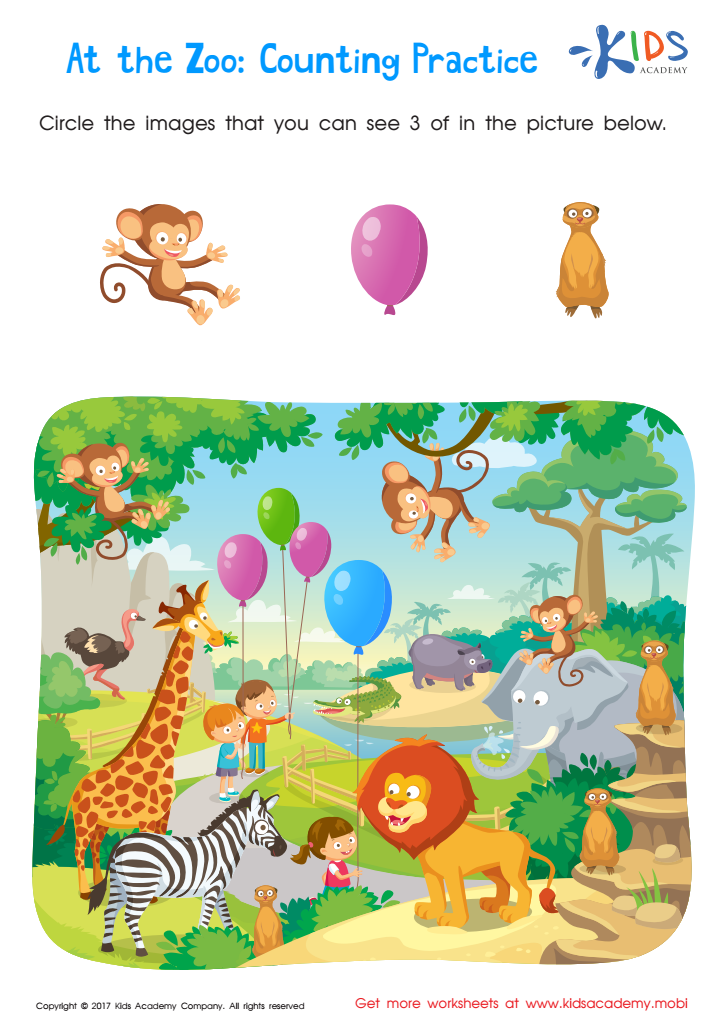

At the Zoo: Counting Practice Worksheet
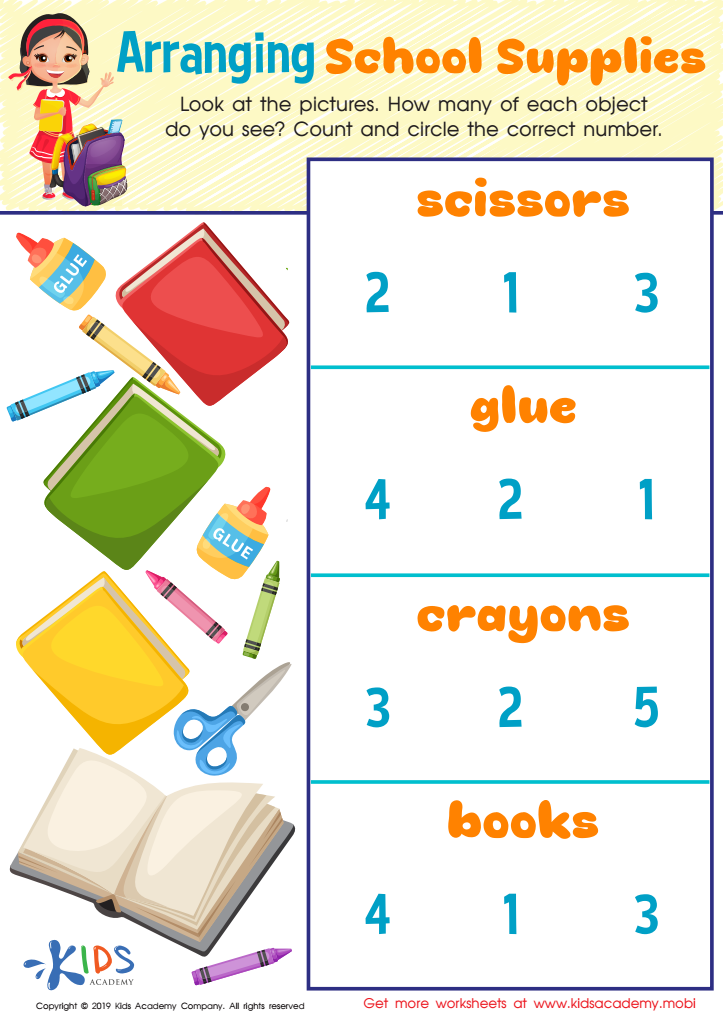

Arranging School Supplies Worksheet
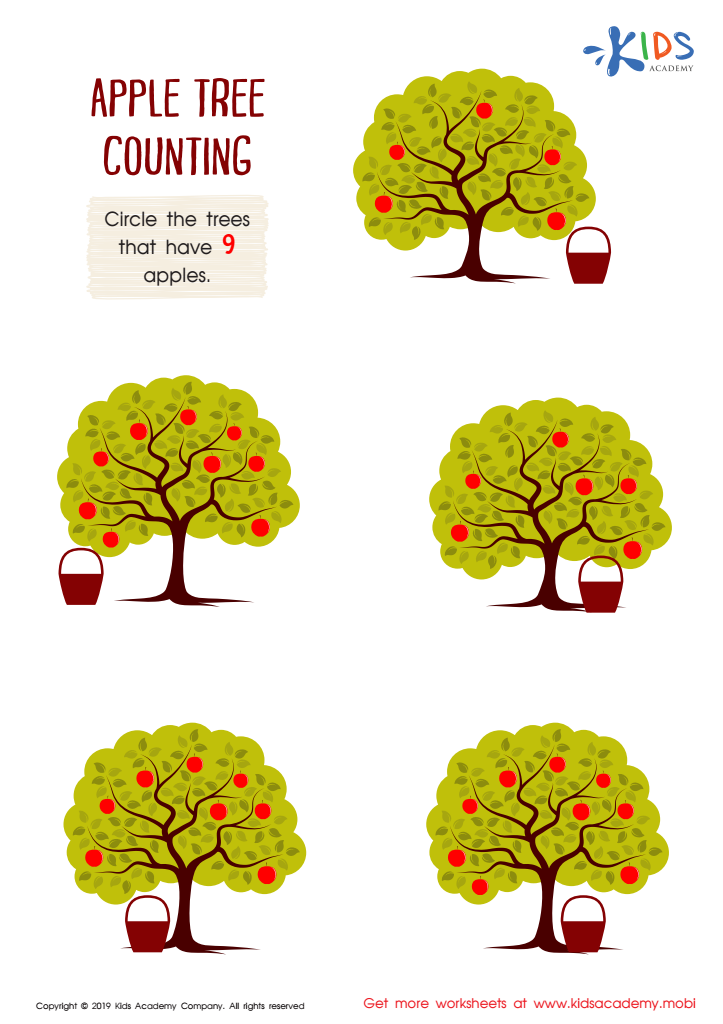

Apple Tree Counting Worksheet
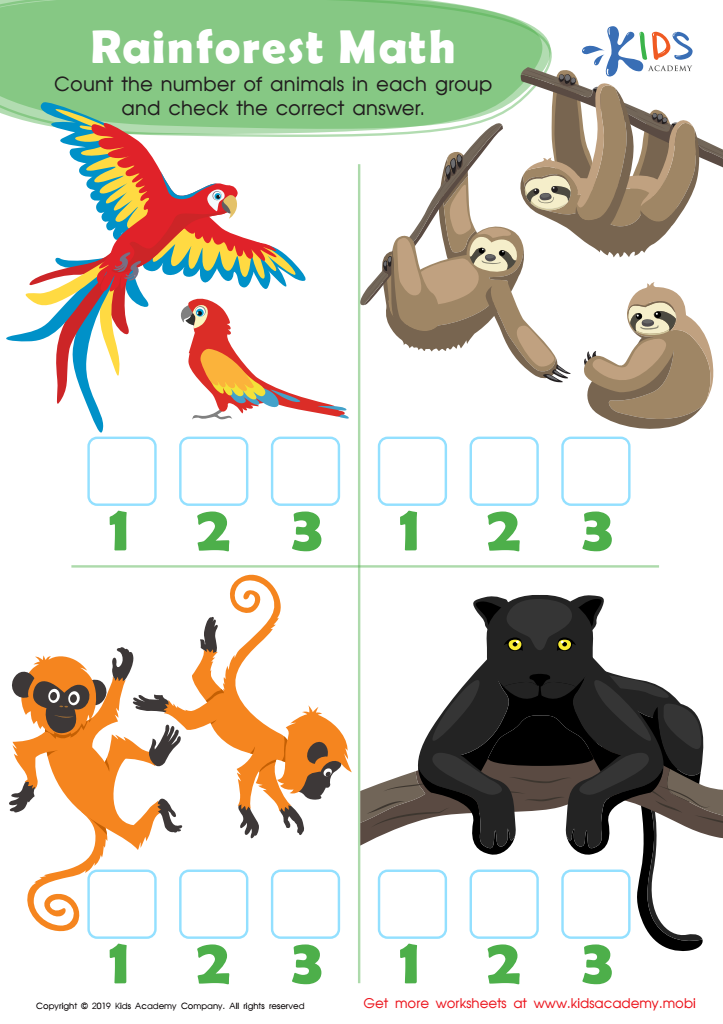

Rainforest Math Worksheet
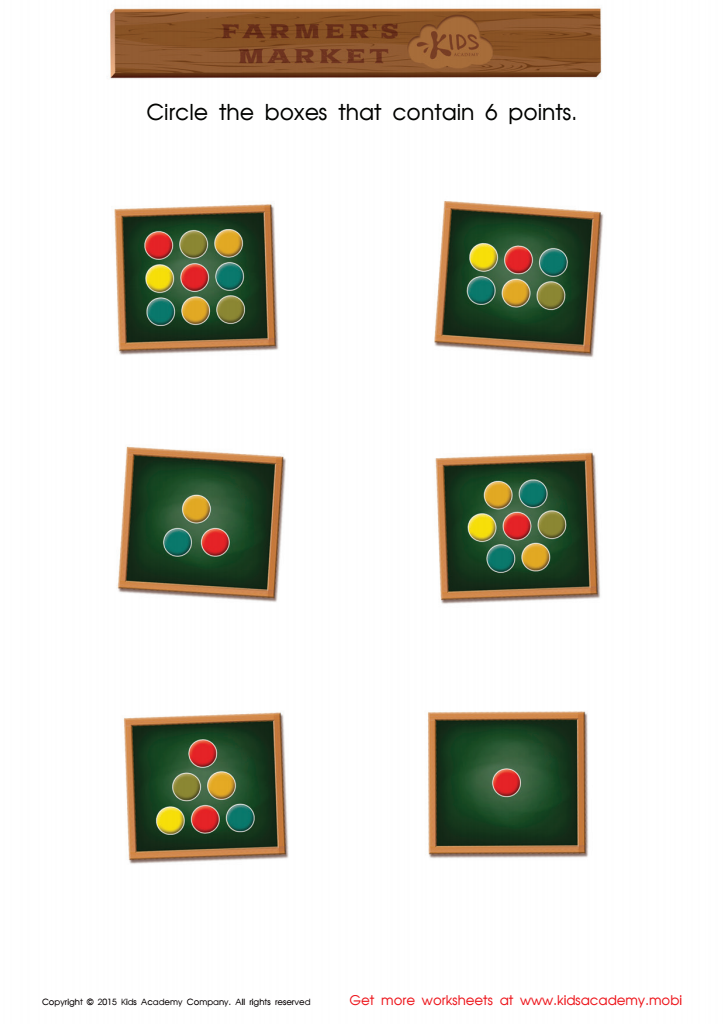

Count and Match Points 6 Math Worksheet
Counting to determine the number of objects is a foundational skill for young learners and has several important implications for their development. First, it lays the groundwork for mathematical understanding. Recognizing that numbers represent quantities allows children to move from basic counting to more complex operations such as addition and subtraction.
By encouraging counting in daily activities, parents and teachers promote number awareness and reasoning. For example, counting books on a shelf or snacks during snack time not only reinforces counting skills but also engages logical thinking.
Additionally, counting plays a critical role in developing language skills. As children count, they learn number words, develop sequencing abilities, and enhance their vocabulary. Furthermore, incorporating counting into play helps nurture social and cooperative skills as children work together to sort and categorize objects.
Finally, counting activities can stimulate cognitive development by promoting problem-solving skills. When children face challenges requiring them to group or differentiate objects, they learn to think critically and analytically.
In essence, understanding counting positively impacts academic achievement and critical life skills, making it essential for parents and teachers to prioritize this foundational ability in early education.
 Assign to My Students
Assign to My Students








